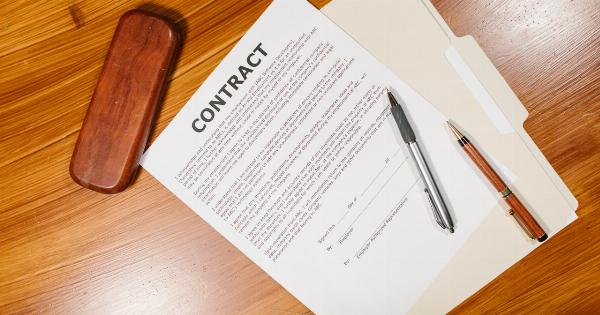One of the most precious resources in today’s fast-paced world is time. With the demands of work, family, and other responsibilities, it can often feel like there are not enough hours in the day to accomplish everything we want.
However, when we consider who has the most free time, it becomes an intriguing question that stirs up various arguments and perspectives.
Retirees and Senior Citizens
Retirees and senior citizens are often cited as having the most free time. After a lifetime of hard work and responsibility, retirement offers the opportunity to enjoy a slower pace of life and pursue personal interests.
With their children grown and careers behind them, retirees can structure their days as they please, engaging in hobbies, traveling, and spending time with loved ones.
Unemployed Individuals
Unemployment also grants individuals a significant amount of free time. While job hunting and networking may occupy some of their days, this period serves as an unexpected break from the daily grind.
Although unemployment can be associated with financial stress and uncertainty, it does offer individuals the chance to explore new passions, gain new skills, or invest time in personal projects they previously had little opportunity to pursue.
Students
While students have the advantage of having their days structured with classes and academic commitments, they often perceive themselves as having a considerable amount of free time.
When compared to the demands of the working world, students may feel that they have a relatively flexible schedule with opportunities for leisure, extracurricular activities, and socializing. However, it’s important to note that the freedom students experience can be limited by deadlines, assignments, and the pressure to excel in their studies.
Single Individuals
In some cases, single individuals might be perceived as having the most free time. Without the responsibilities of a spouse or children, they can often have a more flexible lifestyle that allows for spontaneous plans and indulging in personal interests.
However, it’s crucial to remember that the concept of free time is subjective, and while single individuals may have fewer external demands on their time, they may still have personal commitments and obligations to fulfill.
Entrepreneurs and Business Owners
On the surface, entrepreneurs and business owners may appear to have limited free time due to the demands of running a business. However, they often have the flexibility to structure their schedules and prioritize tasks according to their preferences.
Successful entrepreneurs often delegate tasks to their team, giving them the freedom to focus on high-level decision-making and pursue activities they enjoy outside of work.
Parents and Caregivers
Parents and caregivers are well-known for their lack of free time, particularly during the early years of raising children. The constant demands of childcare, household chores, and work responsibilities can leave little time for personal pursuits.
However, as children grow older and become more independent, parents may find their free time gradually increasing, allowing them to rediscover their personal interests and engage in activities that bring them joy.
Shift Workers
Shift workers, including healthcare professionals, emergency service workers, and those in the hospitality industry, often have a non-traditional work schedule.
While this may result in irregular hours and sacrificing some precious time with family and friends, it can also mean extended periods of time off between shifts. This time off provides them with a unique opportunity for rest, relaxation, and pursuing hobbies or spending quality time with loved ones during weekdays when others are at work.
People with Flexible Work Arrangements
Individuals with flexible work arrangements, such as freelancers and remote workers, often have more control over their schedules compared to those with traditional 9-to-5 jobs.
This flexibility allows them to determine how they allocate their time and make space for personal activities. While they may still have work responsibilities and deadlines, the ability to choose when and where they work provides them with the freedom to create a balanced lifestyle.
Conclusion
When it comes to identifying who has the most free time, it is essential to recognize that the concept of free time varies greatly depending on one’s circumstances and personal responsibilities.
Retirees, unemployed individuals, students, single individuals, entrepreneurs, parents, shift workers, and those with flexible work arrangements all have different levels of control over their time. It is up to each individual to find a balance that suits their needs and allows them to make the most of the time they have.
Whether someone has a surplus or a limited amount of free time, it’s about how they choose to utilize it that truly matters.































